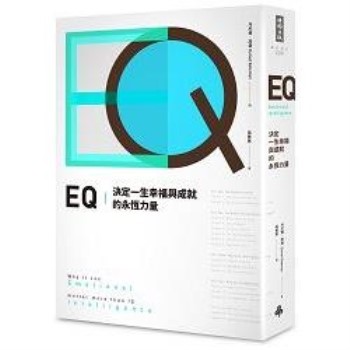In the wake of the global financial crisis, and savage government cuts across the world, Garry Leech addresses a pressing topic: the nature of contemporary capitalism, and how it inherently generates inequality and structural violence.
Drawing on a number of case studies from across the world - including the displacement of farmers in Mexico, farmer suicides in India, and deaths from preventable diseases in Sub-Saharan Africa - Leech argues that global capitalism constitutes a form of genocide, and that this genocide is inherent in any social system that adheres to the logic of capital.
Essential and eye-opening, the book questions the legitimacy of a system that inevitably results in large-scale human suffering, while offering a more egalitarian, democratic, and sustainable global alternative.
Drawing on a number of case studies from across the world - including the displacement of farmers in Mexico, farmer suicides in India, and deaths from preventable diseases in Sub-Saharan Africa - Leech argues that global capitalism constitutes a form of genocide, and that this genocide is inherent in any social system that adheres to the logic of capital.
Essential and eye-opening, the book questions the legitimacy of a system that inevitably results in large-scale human suffering, while offering a more egalitarian, democratic, and sustainable global alternative.












